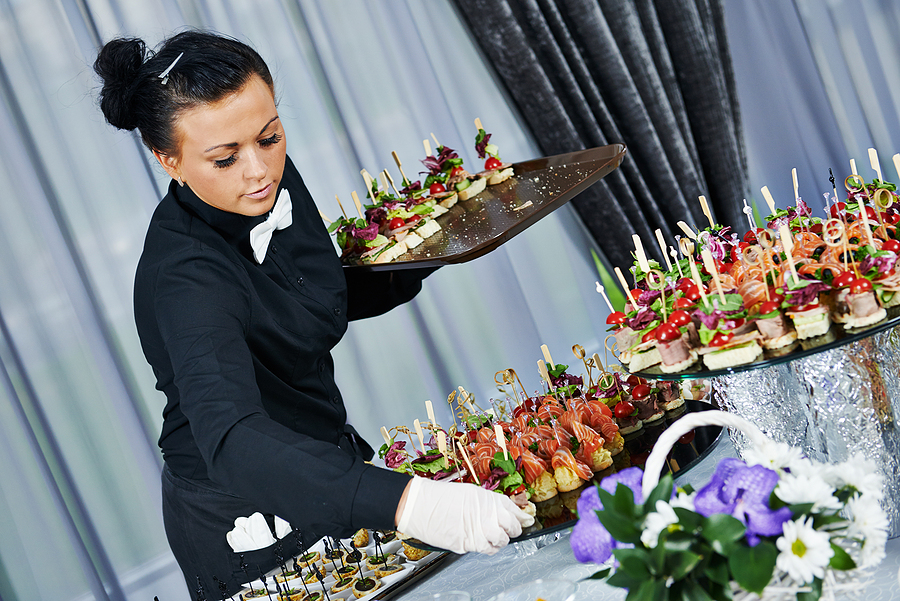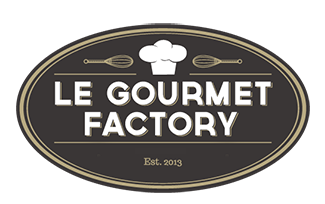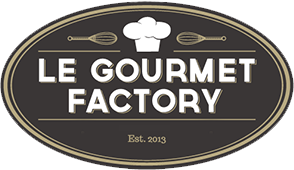Do you have a love for cooking and dream of turning your culinary passion into a profitable business? Starting a catering business could be the perfect venture for you. Catering offers the opportunity to showcase your cooking skills, creativity, and ability to provide exceptional service to a diverse clientele. So now you are probably wondering how to start a catering business. Transforming your passion into a successful business requires more than just great recipes; it involves careful planning, meeting legal requirements, and making strategic decisions. These are essential steps to start a successful catering business.
Licenses and Permits
Before you start cooking for clients, getting your legal ducks in a row is crucial. The first step is to obtain the necessary licenses and permits. These may include a catering license, a business license, a food service license, and health department permits. The specific requirements vary depending on your location, so it’s important to research and comply with local regulations.
Secure a Tax ID Number
A Tax Identification Number (TIN) or Employer Identification Number (EIN) is necessary for any business, including catering. This number is used for tax purposes and is required for opening a business bank account, hiring employees, and more. You can apply for an EIN through the IRS website.
Set Up Your Business Structure
Deciding on your business structure is another critical step. Common structures for catering businesses include sole proprietorships, partnerships, limited liability companies (LLCs), and corporations. Each has its advantages and legal implications, so it’s advisable to consult with a legal or financial professional to determine the best fit for your business.
Get Insurance Coverage
Catering involves certain risks, from food safety to potential accidents during events. Therefore, obtaining the right insurance coverage is essential. General liability insurance, workers’ compensation insurance, and property insurance are some types of coverage you should consider to protect your business and assets.

Create a Business Plan
A well-thought-out business plan is your roadmap to success. It should outline your business goals, target market, menu offerings, pricing strategy, marketing plan, and financial projections. A solid business plan not only helps you stay focused but also attracts potential investors or lenders.
Build Your Brand
Your brand identity sets you apart from competitors and creates a lasting impression on your clients. This includes your business name, logo, and overall aesthetic. Ensure your branding reflects the quality and style of your catering services.
Marketing and Networking
Effective marketing is key to attracting clients. Utilize social media, create a professional website, and network with event planners, venues, and other industry professionals. Word-of-mouth referrals are also invaluable in the catering business, so strive to exceed client expectations with every event.
Facility and Equipment
You might be thinking that to start your catering business, you could work out of your home’s kitchen. While this may seem like an economical solution, it isn’t a practical one. No matter how clean you keep your kitchen, it still may not satisfy the health department’s requirements. It may also not be large enough, especially as your business grows. On the other hand, leasing a kitchen space and outfitting it with all the necessary equipment can be a huge expense when just starting out.
Renting a commercial kitchen or commissary kitchen can be the perfect solution to start a catering business. Commercial kitchens are health-code-compliant and come with commercial-grade appliances. And the best part is you only have to rent them when you need them, avoiding the financial burden of a lease. Renting a commercial kitchen provides the flexibility to scale your operations according to demand, ensuring you can handle larger events or increase your menu offerings.

How to Start a Catering Business – Partner with Le Gourmet Factory
Starting a catering business is an exciting journey that combines culinary art with entrepreneurship. Turning your passion for cooking into a profitable catering business is achievable with careful planning, dedication, and the right resources. Le Gourmet Factory offers aspiring caterers a flexible and affordable solution to their kitchen needs.
Our state-of-the-art facility boasts six fully equipped commercial kitchens that adhere to the highest standards. From professional-grade appliances to Board of Health certification, we offer a seamless culinary experience. With 24/7 accessibility, flexible scheduling, and a supportive community of like-minded individuals, we are the perfect partner for starting a catering business.
To learn more about what makes Le Gourmet Factory different, request a discovery call today!
Catering Business FAQs
Do I need a special license to operate a catering business?
Yes, you absolutely do. You’ll need to obtain a catering license, a business license, a food service license, and health department permits. These requirements can vary by location, so be sure to research and comply with your local regulations.
Can I run my catering business out of my home kitchen?
While it may seem cost-effective, health regulations might not allow you to operate a catering business from your home kitchen. It also might not have the space you need, especially as your business grows. A better option is to rent a commercial kitchen space that’s already health-code compliant and has the equipment you need.
What type of insurance do I need for my catering business?
Catering involves certain risks, so getting the right insurance is crucial. General liability insurance, workers’ compensation insurance, and property insurance are some important types of coverage you should consider to protect yourself and your business.
What should my business plan include?
Your business plan should be like a roadmap to your success. It should outline your business goals, who your ideal customers are, what you’ll be serving, how you’ll price your services, how you’ll market your business, and your financial projections. Having a solid plan will not only help you stay on track but could also be helpful if you seek investors or lenders.
How can I market my catering business?
There are several ways to market your catering business. Social media, a professional website, and networking with event planners, venues, and other industry professionals are all great places to start. Word-of-mouth referrals are also very valuable, so make sure you provide exceptional service at every event!

